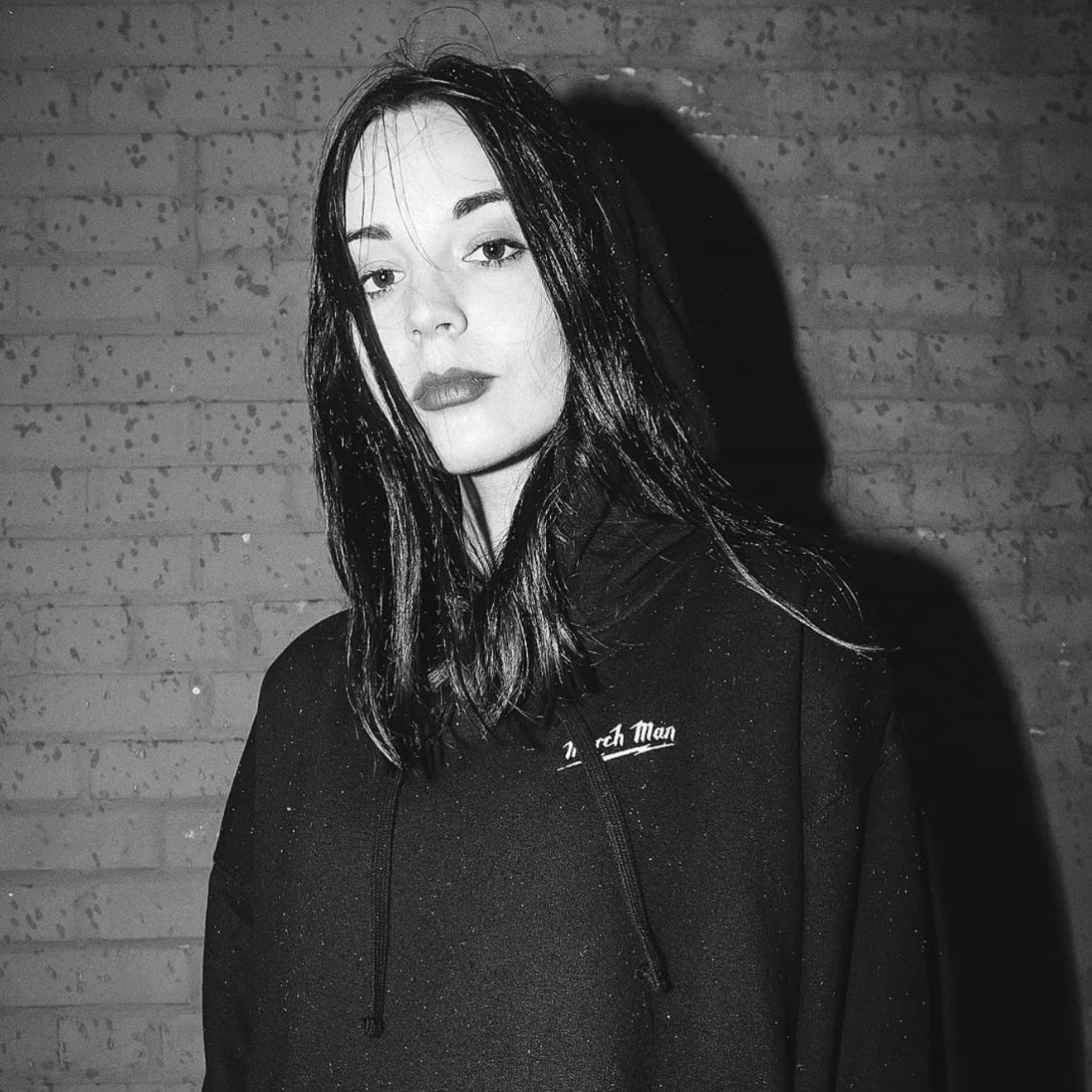
“I really want to be America’s first singular, punk female voice,” Elena Velez let out across the Zoom screen one slow afternoon late this summer. “We’ve had ‘The Rick,’ but we’ve never had ‘The Vivienne’ in the U.S. It sounds lofty, but that’s the space I want to occupy.”
Depending on who you ask, the New York-based designer is insightful, fearless, visionary, problematic, aggressive, morally dubious, or even “the Donald Trump of emerging designers.” The fashion world can’t seem to decide—and that friction in and of itself may be a good thing. The Rust Belt native’s designs, and the baroque aesthetic universe she builds around them, have been sparking conversations since she debuted on the CFDA calendar at New York Fashion Week three Septembers ago with her trademark fusion of feminine anarchy and material savoir-faire.
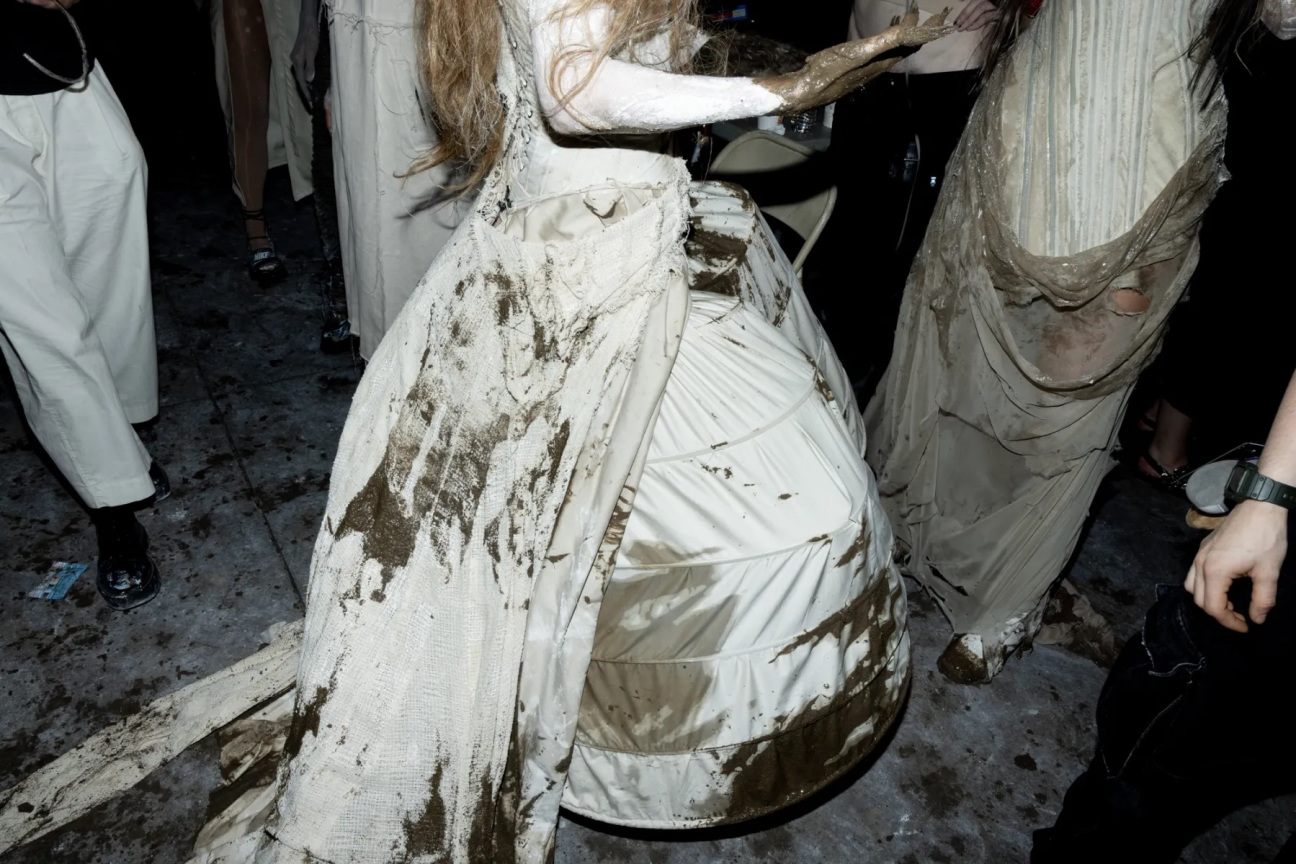
That chatter has reached its apex over the last two seasons. Last September, Velez literally dragged her Spring/Summer 2024 collection through the muck—models slogged through and tussled in a mud-caked pit. This spring, she tested the sartorial set’s moral sensibilities by staging a salon around Gone with the Wind and its heroine, Scarlett O’Hara. Tonight, the critical jury sets its eyes on this season’s caper, and Velez is clear about one thing: “[I want] to integrate a punk spirit into the brand that is irreverent to institutions of power and also to anyone who would seek to compartmentalize and bastardize the brand into one niche subculture or another.”
Ahead of the show, she offered CULTURED a read of the fashion establishment, the new collection’s back story, and revealed why being called a provocateur offends her.
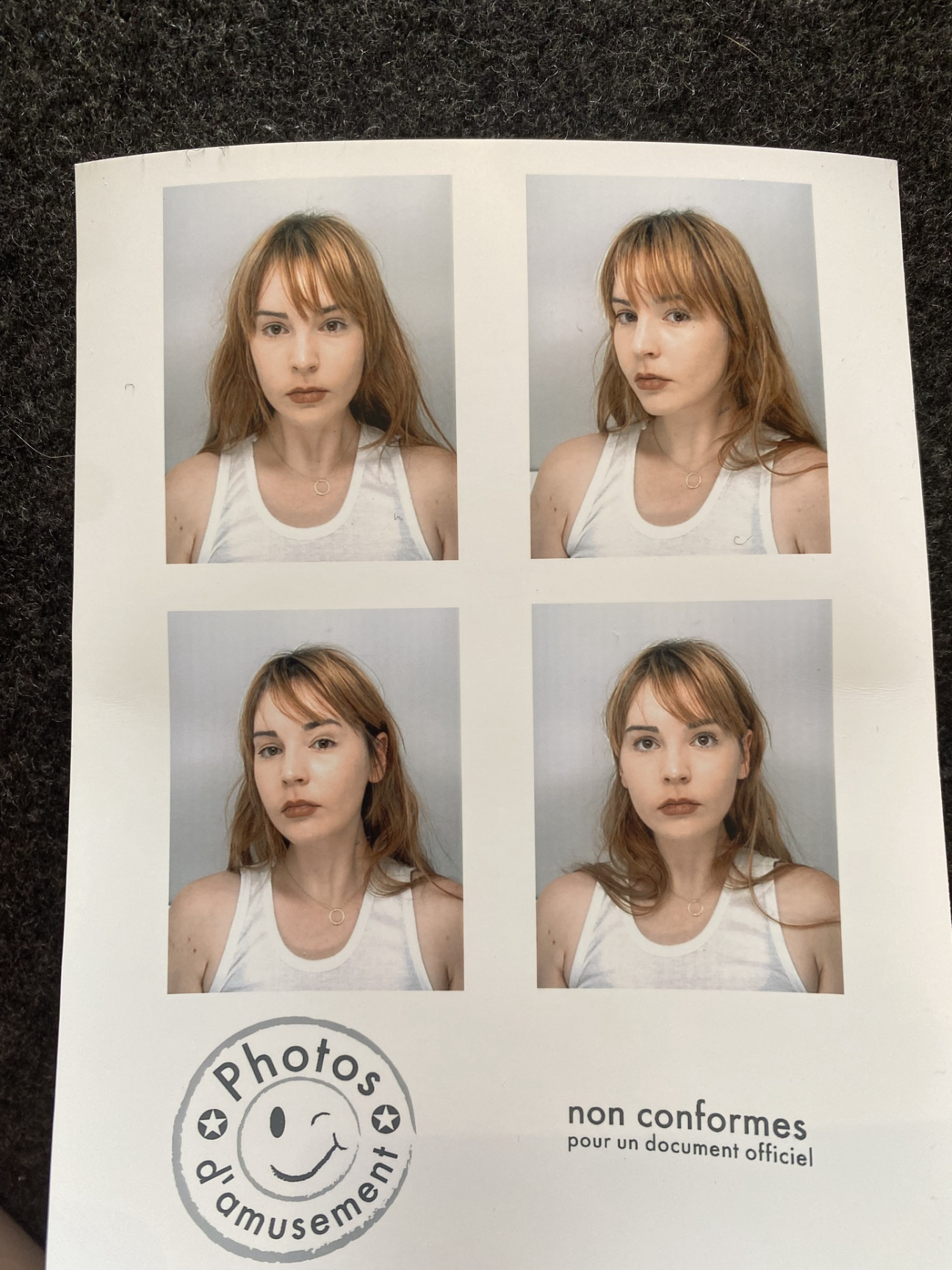
CULTURED: How are you feeling ahead of the NYFW show?
Elena Velez: I have been pleasantly surprised at how many exciting institutions [and sponsors] are keen to work with us this season [Velez is working with UGG, OnlyFans, Vada, Qíqí, IMG, and the Foundation for Individual Rights and Expression]. And we've locked in a lot of VIPs who I think are matching the energy of the times in a nice way.
CULTURED: Last season, you had a lot to say about the state of fashion week and fashion criticism. I’m wondering with what attitude you're entering this season. What lessons are you taking from the spring?
Velez: The collection critique last season was disappointing to me because it felt very incendiary and uncharitable. It felt like people weren't willing to engage with the source material and the good faith that I had put into that event. I had a suspicion that that was how the conversation was going to go. Still, I needed to come test the waters and use that season to show where the Overton window of my brand lies, and show that we're going to make searching and fearless work, regardless of how cleanly it maps onto one political matrix or another.
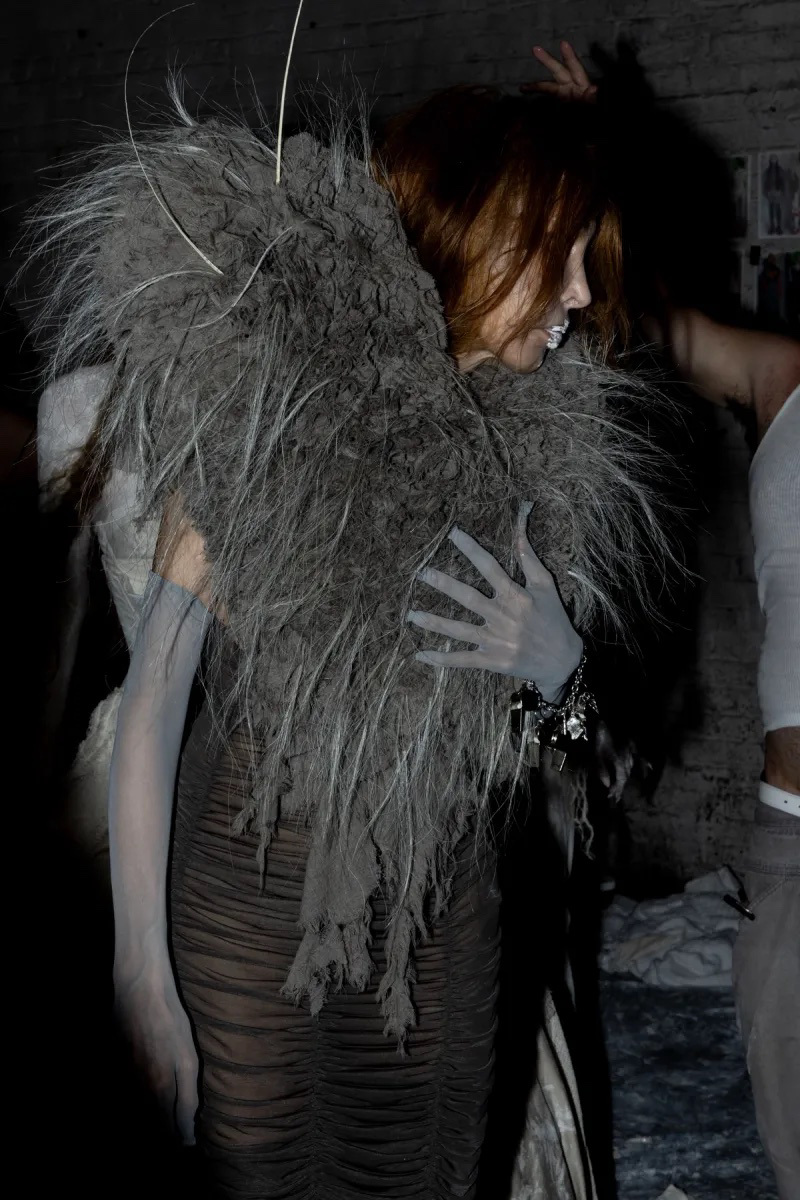
CULTURED: People project so much onto your clothes and the universe around them. I wonder, as someone who maybe feels allergic to being boxed in, how you navigate these labels and still keep your understanding of what's guiding you?
Velez: The contextual framing device that the fashion institution used doesn’t surprise me. It's constantly about being able to triangulate off of other things that people immediately recognize and can digest, and that's a disappointing distillation of what the brand is trying to communicate. What does feel interesting to me is the fact that it resonates with so many groups of people. There is something here for the fashion consumer, the post-woke avant-garde movement, and [those] looking to understand culture in a more thought-provoking way. I like that—I won't deny anyone the fellowship that the brand can provide through our work.
CULTURED: Tell me about the new collection—where it's springing from and what icons of womanhood you're engaging with this time.
Velez: This season I wanted to explore these dissident, folkloric feminine [figures] who represented countries in times of acute transformation. I'm looking at all of these antique but modern examples of what that could be: varsity sports, folkloric female martyrs like Joan of Arc, war epics, Norse mythology, pageant queens, Valkyries, these nuanced female archetypes [that existed] as the icon of a people unified around a feeling of revolution.
CULTURED: I'm interested in the line between thought-provoking and cheap provocation, and how you toe it.
Velez: Well, [Elena Velez] is a very American brand in that sense: We are trying to be pioneers of a new frontier of what's acceptable to discuss in culture. The idea of provocation is something that I grapple with constantly. I take a lot of offense to being called a provocateur because I feel it implies a sense of cynicism and irony that I just don't relate to. I have a very sincere relationship with all of the content I fit into a collection. I feel so condescended to, as a creative and a citizen. I feel like I'm being fed all of these different narratives that are platitudinal and designed to prevent me from feeling anything too complicated or too scary, or too exciting. I just want to escape the feeling [that] we're living on anti-depressants in the creative industry.
CULTURED: In terms of the textures and silhouettes, what are you working with right now that's feeling exciting and is distilling all of these [ideas] into the clothes?
Velez: We have the infusion of the Victorian undergarment, underpinning corsetry, and very feminine lingerie. We're pairing that with athletic silhouettes, playing around with varsity sports and the cheerleader uniform. All these different styling components that touch on archetypes of “the girl,” but also welcome a new one.
CULTURED: How do you think your relationship with your audience has evolved over the years? In terms of who you're making the clothes for and who you're making the brand for.
Velez: This has been a central point of interrogation as I've built this brand: How am I creating a universe that the clothes live within? It's interesting to me to think about what to focus on first. [In the beginning], it was about universe-building and testing product-market fit—are there women who identify with the aesthetic universe I'm creating? After I amassed the following that I have, it's been about turning that into a sustainable business. It's been a really bumpy road, but I'm finally able to see the woman I want to make work for. She's somebody who revels in her autonomy and doesn't make excuses for her capacity for wickedness. Somebody can feel put together, but unrefined; thoughtful, but ready to be careless. Somebody who really engages with this feeling of constant abrasion in pursuit of improvement.
CULTURED: Who do you feel incarnates that right now?
Velez: I love an anti-heroine. I love these very weather-worn, warm-hearted, industrial wasteland archetypes from the Midwest. I love a girl who's canceled, or misunderstood, who just can't be diluted into a bite-sized, perfectly packaged media proposal. We're starting to situate the brand more outside of the fashion context, and I'm excited to build a community around the brand that is passionate about aesthetics and visual communication, but wouldn't necessarily identify with the fashion industry as it exists now.
CULTURED: Where and when does that happen? How are you fostering this almost rhizomatic extension of the Elena Velez brand?
Velez: I am very excited about the possibility of hosting salons, and using fashion like a creative social lubricant for bringing together disparate personalities and perspectives into conversation. I love this idea of hosting events where we're creating experiences that poke back at this feeling of intellectual prohibition and capitalize off our craving for a sexy, clandestine atmosphere.


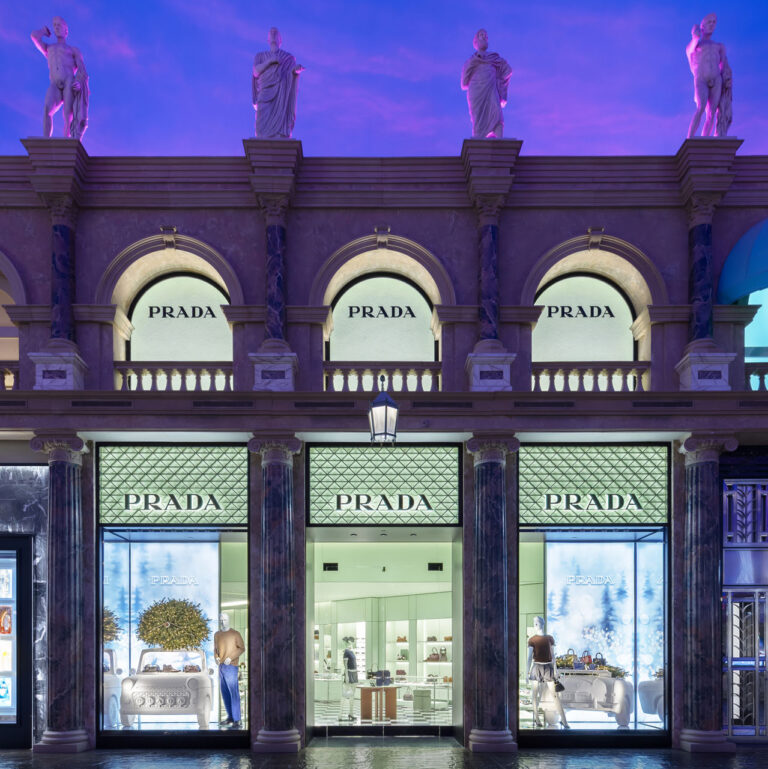
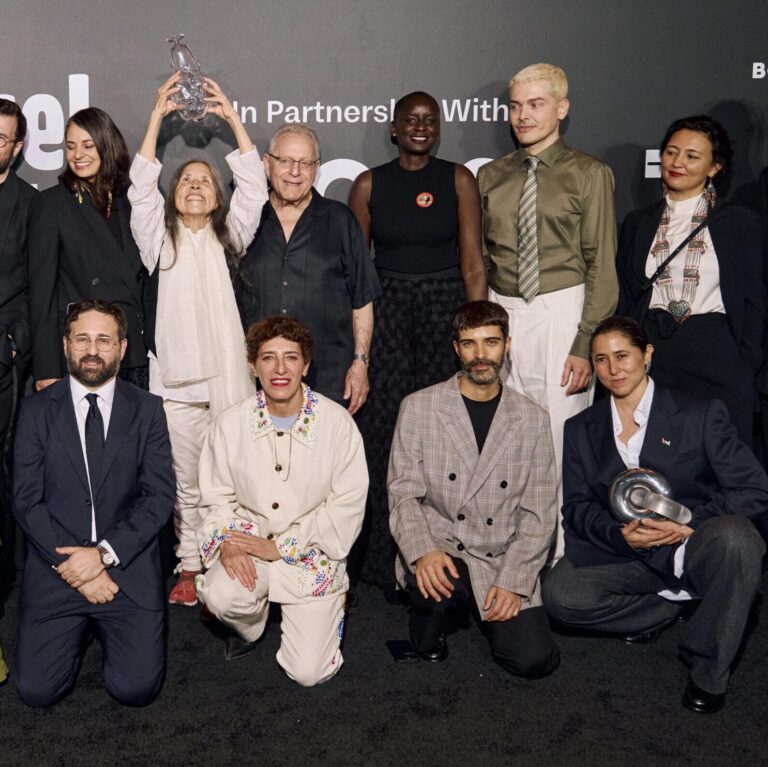

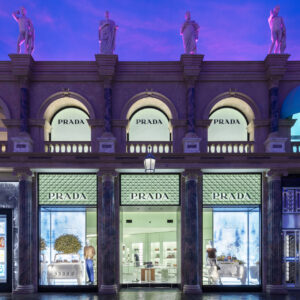
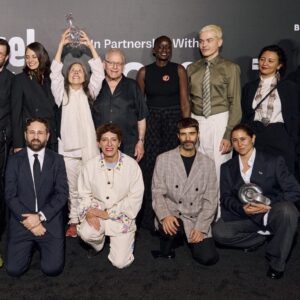



 in your life?
in your life?

